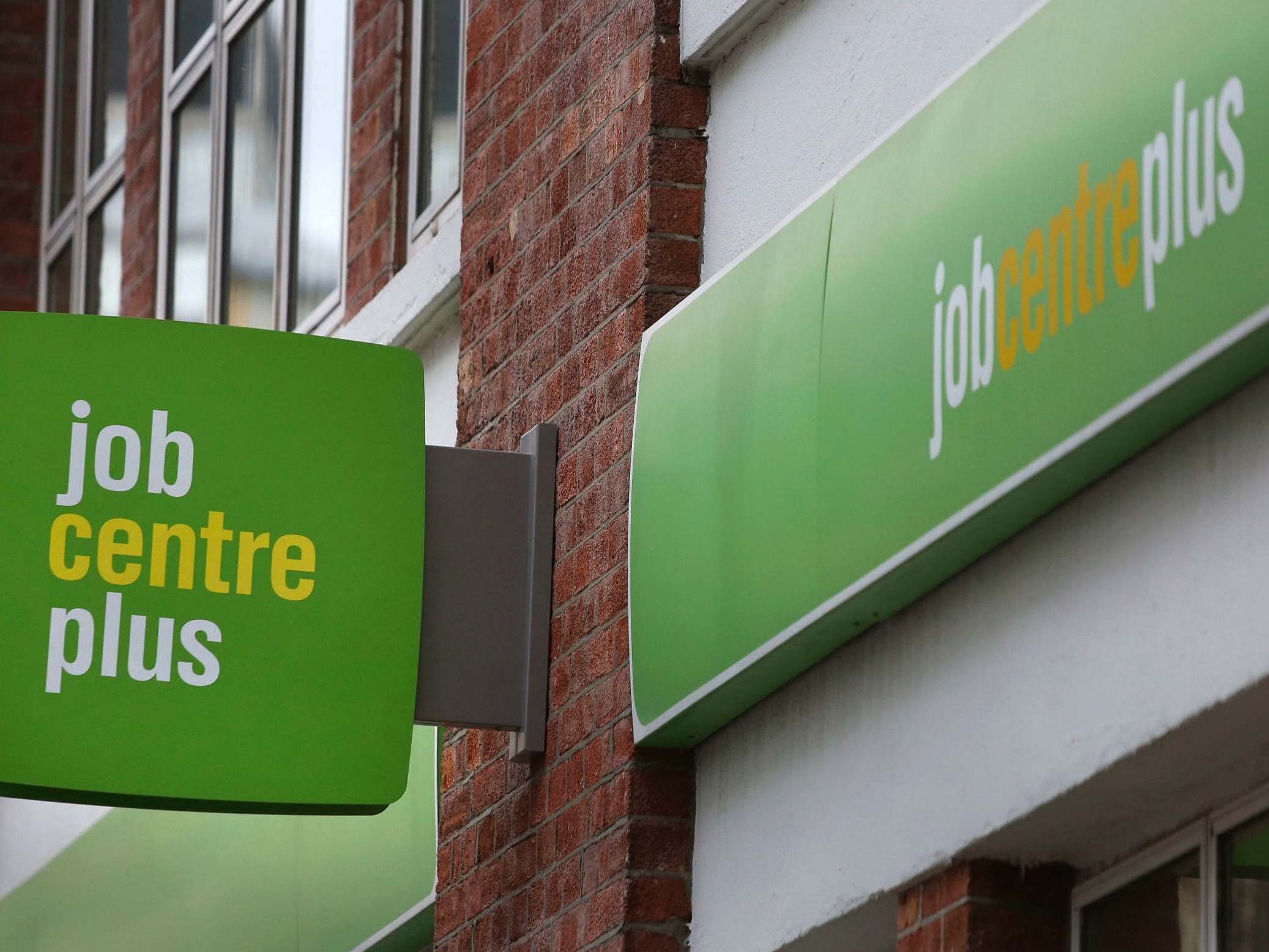‘Grave injustice’: Ministers urged to review ‘discriminatory’ universal credit rates for under-25s
Current benefit system leaving young people under 'serious financial strain' during pandemic, charities warn

Your support helps us to tell the story
From reproductive rights to climate change to Big Tech, The Independent is on the ground when the story is developing. Whether it's investigating the financials of Elon Musk's pro-Trump PAC or producing our latest documentary, 'The A Word', which shines a light on the American women fighting for reproductive rights, we know how important it is to parse out the facts from the messaging.
At such a critical moment in US history, we need reporters on the ground. Your donation allows us to keep sending journalists to speak to both sides of the story.
The Independent is trusted by Americans across the entire political spectrum. And unlike many other quality news outlets, we choose not to lock Americans out of our reporting and analysis with paywalls. We believe quality journalism should be available to everyone, paid for by those who can afford it.
Your support makes all the difference.Ministers are being urged to review what has been described as the “discriminatory” rates of universal credit given to under-25s after a record number of young people lost their jobs during the pandemic.
Under the current system, people under 25 receive up to 20 per cent less than older claimants to help with living costs, which campaigners say leaves many young people regularly having to choose between buying food and paying the bills for no other reason than their age.
More than 40 charities, including Centrepoint, the Children’s Society and the YMCA, have written to the work and pensions secretary warning that the current universal credit rates are leaving this age group under “serious financial strain”, jeopardising their health and chances of future employment and putting some at risk of homelessness.
The letter describes it as a “grave injustice” that a single person living independently receives £67 pounds less each month simply because they are under 25, and calls on ministers to ensure that universal credit provides enough to cover basic living costs, particularly during the coronavirus outbreak.
It comes a day after new figures revealed that a record number of young people have become unemployed following the Covid-19 outbreak, with the number of young claimants up by more than 60 per cent between March and April this year. There were 235,100 people between 18-24 on universal credit in March, compared with 378,100 in April.
The charities warn that young workers could play an important role in the UK’s economic recovery post-lockdown, but that they will struggle to contribute if universal credit did not meet their basic living costs and forced them into debt or homelessness.
Kai, 23, who lives in semi-independent accommodation run by Centrepoint in London and has struggled to get by on universal credit, said: “At the moment I’m not sure where I stand. Because with my benefit I’m not sure how much they’re going to take out of my next payment so I’m not going to risk working more and getting less. I can’t take that risk at the moment. That’s my biggest problem with universal credit.
“I am proof universal credit doesn’t work. To a degree maybe I should be struggling a little bit on the benefit but not to this point.”
Seyi Obakin, chief executive of Centrepoint and lead signatory of the letter, said: “It’s a grave injustice that young people receive less support for no other reason than their age.
"No system that forces claimants to choose between essential costs like putting food on the table and paying the bills will ever be effective and, when it does so based on a claimant’s age, it is nothing short of discriminatory.”
It comes after the Resolution Foundation warned earlier this month that youth unemployment could soar by 600,000 this year because of the coronavirus crisis, and said “major new support” was needed to help 18 to 24-year-olds through the economic crisis.
A Department for Work and Pensions (DWP) spokesperson said: “We’re committed to supporting all those affected by Covid-19 through these unprecedented times and we’ve implemented an enormous package of measures to do so. We’ve injected more than £6.5bn into the welfare system, including increasing universal credit and working tax credit by up to £1,040 a year.
“We have also helped over one million households by raising local housing allowance rates for universal credit and housing benefit claimants, while discretionary housing payments are available to further support those most in need.”
Join our commenting forum
Join thought-provoking conversations, follow other Independent readers and see their replies
Comments